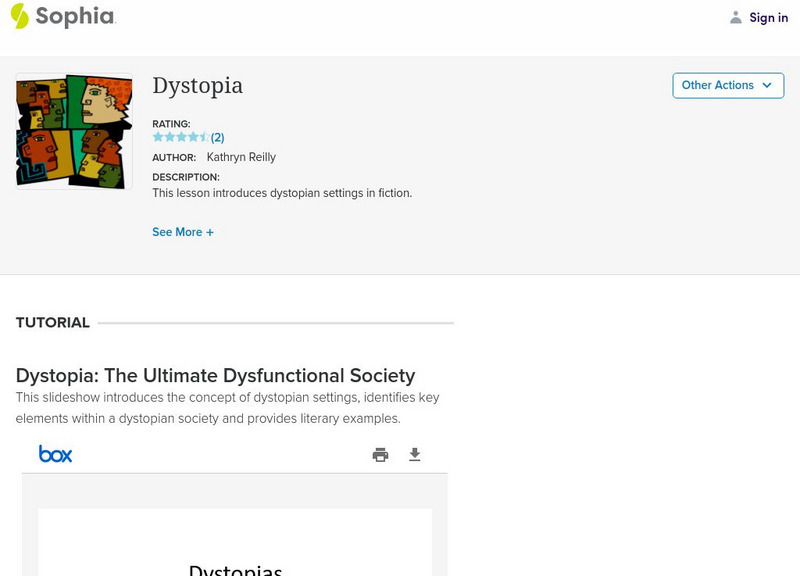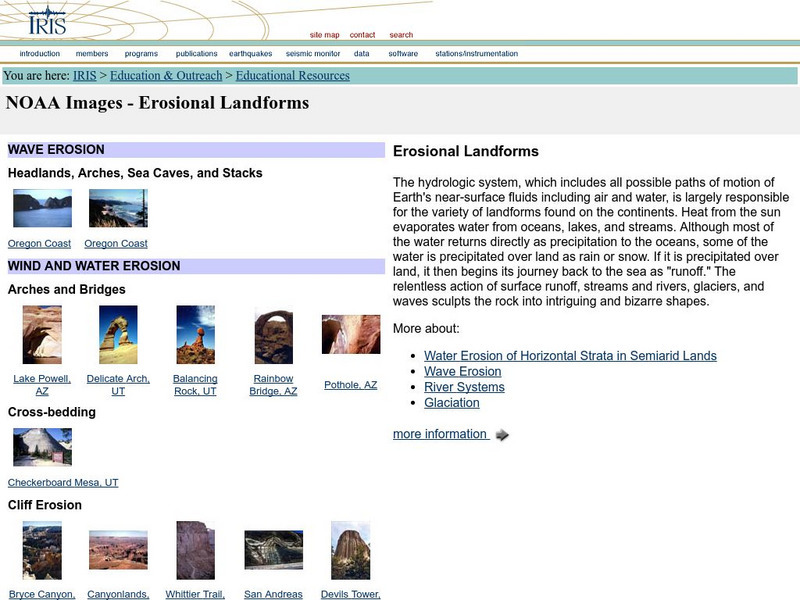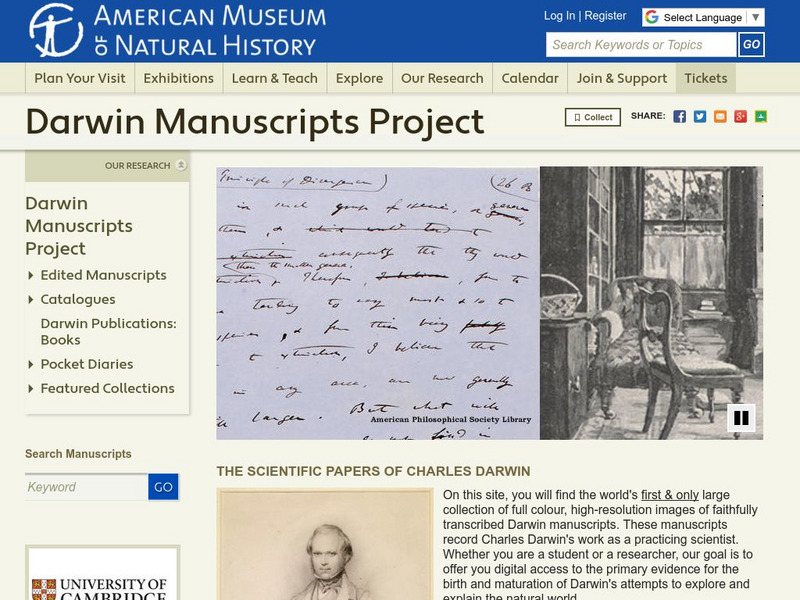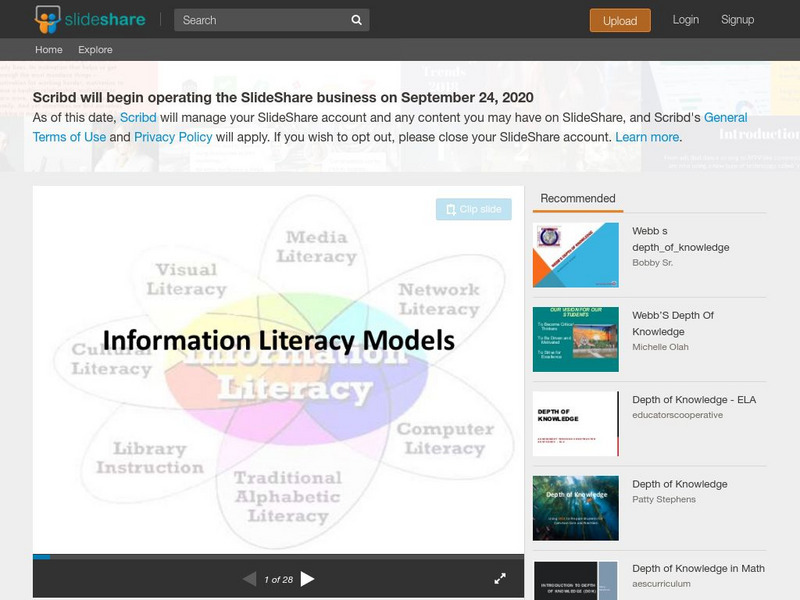Hi, what do you want to do?
Sophia Learning
Sophia: Dystopia
This slideshow focuses on the use of dystopia, dysfunctional societies, in literature. It defines dystopia, explains common characteristics, tells how and why dystopia is created it literature, and provides examples in novels and in movies.
Sophia Learning
Sophia: Outlines
This lesson focuses on outlining; it defines outlining and the two types, topic and sentence. It provides two slideshows: the first focuses on creating the outline including the 4 steps, structure, and importance of flexibility; the...
Sophia Learning
Sophia: Adverb Clauses
This slideshow focuses on adverb clauses; it reviews adverbs. It defines adverb clauses, explains how to create them using examples, and provides a list of subordinate conjunctions that often begin adverb clauses.
Sophia Learning
Sophia: Suspense
This slideshow focuses on the use of suspense in fiction by stating the purpose of suspense, discussing four ways authors create suspense, showing that all forms of literature contain suspense, and presenting an example with John...
Tom Richey
Slide Share: Shot Framing: Review of Basic Camera Composition and Framing
A slideshow aimed at journalists to teach them the basic principles of framing a field of view and composing a shot.
University of Washington
Iris: Noaa Images: Erosional Landforms
Examples, with images, of different types of landforms created by water and wind erosion.
Sophia Learning
Sophia: Editing Techniques: Writing a Reverse Outline
This slideshow lesson focuses on writing a reverse outline as a post writing strategy for assessing your paper for weak or missing aspects. It explains how to create the outline using a rubric if available and provides a skeletal example...
Sophia Learning
Sophia: Topic Sentences
This slideshow lesson focuses on topic sentences; it defines them, gives the characteristics of effective topic sentences, tells what they are NOT, discusses how to create them, and provides examples of effective topic sentences.
Sophia Learning
Sophia: Antithesis
This slideshow lesson focuses on antithesis; it defines it and explains its uses: to acknowledge the complexity of the situation, to emphasize contrast, and to create a balance between opposites.
Sophia Learning
Sophia: Apostrophes
This slideshow lesson lists the uses of apostrophes: to show possession, create contractions, and identify missing letters. It explains the rules for each of these uses and provides examples.
Other
21 Things4 Students: Advantages and Disadvantages of Different Media Table
This chart lists different tools students can use to create digital media. The table covers animation, audio recording and podcasts, cartoons, infographics, interactives, screencasts, slideshows, and videos. Each tool has a list of...
American Museum of Natural History
American Museum of Natural History: Darwin Manuscripts Project
Background information and slideshow presentation on creating the Origin of Species scientific manuscripts.
Sophia Learning
Sophia: Earth Sciences: Carbon Allotropes: Coal to Buckyballs
Created to teach students of the 21st century, SOPHIA is bringing carbon allotropes straight to your fingertips. Become the commander of your own learning experiences with this slideshow.
Tom Richey
Slide Share: Information Literacy Models
This slideshow, created by Mary May Porto, provides a comprehensive look at 3 major informational literacy models.
New York Times
New York Times: Batman's Evolution
Audio slideshow explains differences in Batman characterizations that have evolved over time as the superhero, first created in 1939, moved across media formats from print, to television, to film. An interesting overview of a favorite...



















